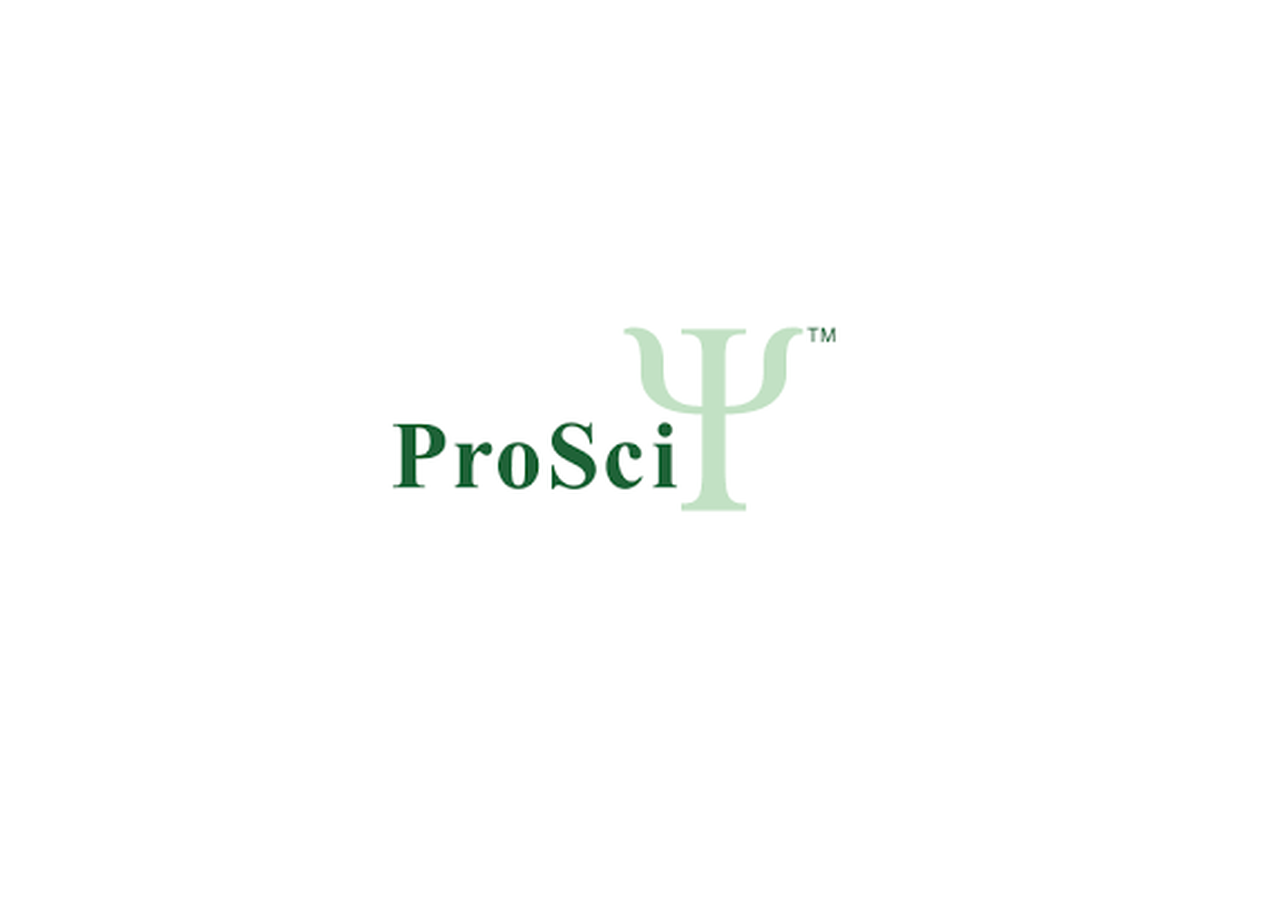Product Description
NOTUM Antibody | 5291 | ProSci
Host: Rabbit
Reactivity: Human, Mouse, Rat
Homology: N/A
Immunogen: NOTUM antibody was raised against a 19 amino acid synthetic peptide near the amino terminus of human NOTUM.
The immunogen is located within amino acids 90 - 140 of NOTUM.
Research Area: Signal Transduction
Tested Application: E, WB, IHC-P, IF
Application: NOTUM antibody can be used for detection of NOTUM by Western blot at 0.5 - 1 μg/mL. Antibody can also be used for immunohistochemistry starting at 2.5 μg/mL. For immunofluorescence start at 20 μg/mL.
Antibody validated: Western Blot in human samples; Immunohistochemistry in human samples and Immunofluorescence in mouse samples. All other applications and species not yet tested.
Specificiy: N/A
Positive Control 1: Cat. No. 1305 - Human Kidney Tissue Lysate
Positive Control 2: Cat. No. 10-301 - Human Brain Tissue Slide
Positive Control 3: N/A
Positive Control 4: N/A
Positive Control 5: N/A
Positive Control 6: N/A
Molecular Weight: N/A
Validation: N/A
Isoform: N/A
Purification: NOTUM Antibody is affinity chromatography purified via peptide column.
Clonality: Polyclonal
Clone: N/A
Isotype: IgG
Conjugate: Unconjugated
Physical State: Liquid
Buffer: NOTUM Antibody is supplied in PBS containing 0.02% sodium azide.
Concentration: 1 mg/mL
Storage Condition: NOTUM antibody can be stored at 4˚C for three months and -20˚C, stable for up to one year. As with all antibodies care should be taken to avoid repeated freeze thaw cycles. Antibodies should not be exposed to prolonged high temperatures.
Alternate Name: NOTUM Antibody: Protein notum homolog
User Note: Optimal dilutions for each application to be determined by the researcher.
BACKGROUND: NOTUM Antibody: In Drosophila, the notum gene is regulated by the Wingless pathway and encodes a secreted hydrolase that modifies heparan sulfate proteoglycans. The mammalian homolog has been shown to be able to cleave glypicans and can release GPI-anchored proteins from the mammalian cell surface. Like the Drosophilia NOTUM, the mammalian protein can act as a negative regulator of the Wnt signaling pathway. NOTUM is expressed at a low level in most mammalian tissues, although it is overexpressed in a subset of human hepatocellular carcinomas. Its transcription is regulated by beta-catenin/TCF and is a target of the Wnt signaling pathway, forming a negative feedback loop that regulates the expression and activity of the Wnt pathway.
 Euro
Euro
 USD
USD
 British Pound
British Pound
 NULL
NULL












